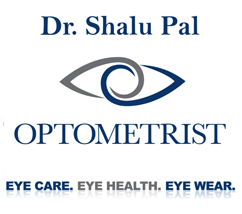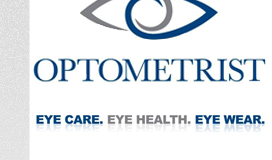Lutein and zeaxanthin were nearly 10 times more powerful than vitamin E in protecting the cells from UV-induced damage. A new study from Ohio State University provides the first laboratory evidence that certain antioxidants found in dark leafy green vegetables can indeed help prevent cataracts. Vitamin manufacturers often add the antioxidants lutein and zeaxanthin to their products but until now there has been no biochemical evidence to support the claim that these substances help protect the eyes said Joshua Bomser a study co-author and an assistant professor of nutrition at Ohio State University. Some studies have suggested that these antioxidants boost eye health.
Results from laboratory experiments on human lens cells showed that lutein and zeaxanthin antioxidants found in plants such as kale spinach and collard greens helped to protect the cells from exposure to ultraviolet light – a leading cause of cataract formation. The researchers compared the effects of these antioxidants to vitamin E an antioxidant also thought to reduce the onset of eye diseases. Lutein and zeaxanthin were nearly 10 times more powerful than vitamin E in protecting the cells from UV-induced damage.
Nearly 20 million people in the United States suffer from cataracts – a condition where the lens of the eye clouds over making it difficult or nearly impossible to see. Current treatment is expensive and involves a surgical procedure that is performed more than 1.5 million times each year at an estimated cost of $3.4 billion. "Along with the many environmental lifestyle and genetic risk factors associated with cataracts exposure to ultraviolet radiation from sunlight and oxidative stress appear to be the most relevant in this disease " Bomser said. "Our results are the first to provide physical evidence suggesting that lutein and zeaxanthin decrease damage caused by ultraviolet radiation."
The researchers treated human eye lens cells with varying concentrations of lutein zeaxanthin or vitamin E. They then exposed these cells along with a batch of untreated cells to doses of ultraviolet-beta radiation for 10 seconds. UVB radiation is thought to be the primary environmental culprit in causing skin cancer as well as initiating cataract disease. "The dose of UVB radiation we used on the cells is about the same amount a person receives when they get a mild tan " Bomser said.
Adding lutein and zeaxanthin to the cell cultures provided double the protection from UVB damage – these antioxidants reduced signs of damage by 50 to 60 percent compared to vitamin E which reduced the same signs of damage by 25 to 32 percent. The researchers also found that it took far less lutein and zeaxanthin as vitamin E – about 10 times less – to get this protective effect. "The lens is equipped with antioxidant defense mechanisms designed to guard against the harmful effects of ultraviolet radiation and oxidative stress " Bomser said. "In addition to protective enzymes and compounds like vitamins C and E we think that low concentrations of lutein and zeaxanthin in the eye lens help shield the eye from the harmful effects of UVB radiation."
What researchers don t know however is how these two antioxidants get into the eye. It s what Bomser hopes to learn next. "Lutein and zeaxanthin accumulate in the retina and in the lens of the eye but we re not sure how they reach the eye in the first place " he said. "They travel through the bloodstream but the lens doesn t have a blood supply."
This work was supported in part by the Ohio Agricultural Research and Development Center and the Virginia Vivian Scholarship Fund of Ohio State s College of Human Ecology. The study appears in the current issue of the Journal of Nutrition.
Original Source: www.sciencedaily.com





